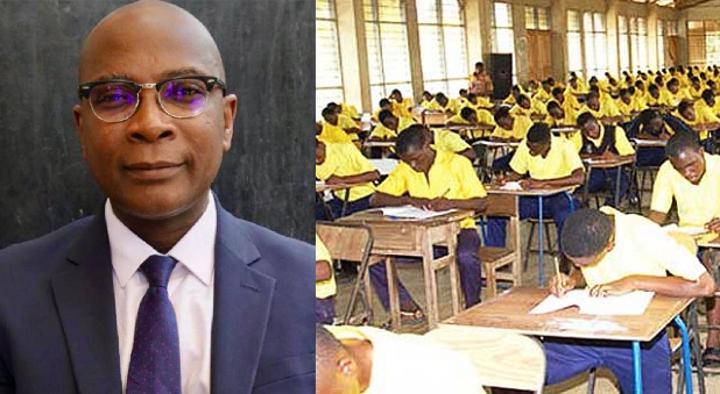Africa-Press – Sierra-Leone. The Ministry of Basic and Senior Secondary Education (MBSSE) has announced new pre and post WAEC school examination admission rules aimed at preventing corrupt practices that undermine fairness and objectivity in student admissions.
The initiative surfaced in light of concerns over the integrity of the admission process following the National Primary School Examination (NPSE) and the Basic Education Certificate Examination (BECE).
According to the MBSSE, school heads are prohibited from accepting students who do not meet the stipulated requirements for entry into WAEC examination classes, which includes students who are not regular attendees of the school or lack necessary continuous assessment scores.
Violations of those rules will result in disciplinary actions against the school heads by the MBSSE, the Teaching Service Commission (TSC), or the Anti-Corruption Commission (ACC).
Parents and guardians are being warned against enrolling their children in examinations if they do not meet the necessary criteria. Specifically, students in Class 4/5 entering the NPSE, JSS1/2 for the BECE, and SSS1/2 for the WASSCE could face severe repercussions, including the cancellation of examination results and potential bans on schools from entering candidates for several years. Reports may also be made to the ACC against parents or guardians involved in these practices.
The MBSSE emphasized the importance of preparing for student placements into entry-level classes (JSS 1 and SSS 1) promptly, with preparations expected to begin no later than 14 days after the end of the school year.
Schools are urged to engage in internal discussions to determine the number of repeaters, maximum class sizes, and the total number of pupils to accommodate in the new academic year. The MBSSE has also stated its disapproval of class repetition rates exceeding 2.5%.
For More News And Analysis About Sierra-Leone Follow Africa-Press






